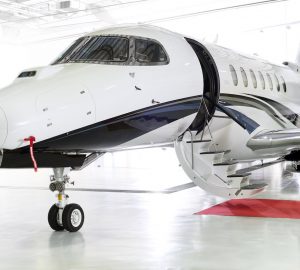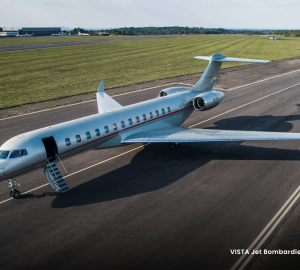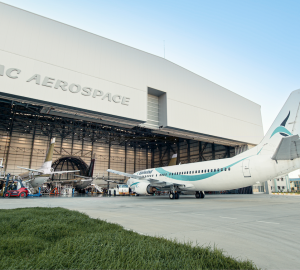One.61: Enhancing Personal Safety and Privacy While Travelling
How to manage personal safety issues that are specific to private jet travel.
Interview by Jim Simon
“The most important precaution one can take is to be as anonymous as possible: Register aircraft under non-descriptive company, eschew vanity registrations, block aircraft registration number from public dissemination.”
Kidnapping, robbery, stalking, and cybercrime seem like improbable events, until they happen to you, a loved one, or even your employees.
The two keys to personal safety are risk avoidance planning and incident management.
One.61 is a boutique veteran-owned-and-operated urban safety training company. They pride themselves on providing customised instruction depending on the needs of their particular clients.
Founded by retired CIA officer Dale Bendler, One.61 is comprised of a team of highly experienced, specialised professionals in the fields of intelligence gathering, drug enforcement, special operations, and law enforcement (from CIA, DEA, SWAT, and Certified Ethical Hackers). One.61promises to bring their considerable expertise to every training opportunity so their clients learn from people who have practiced what they teach.
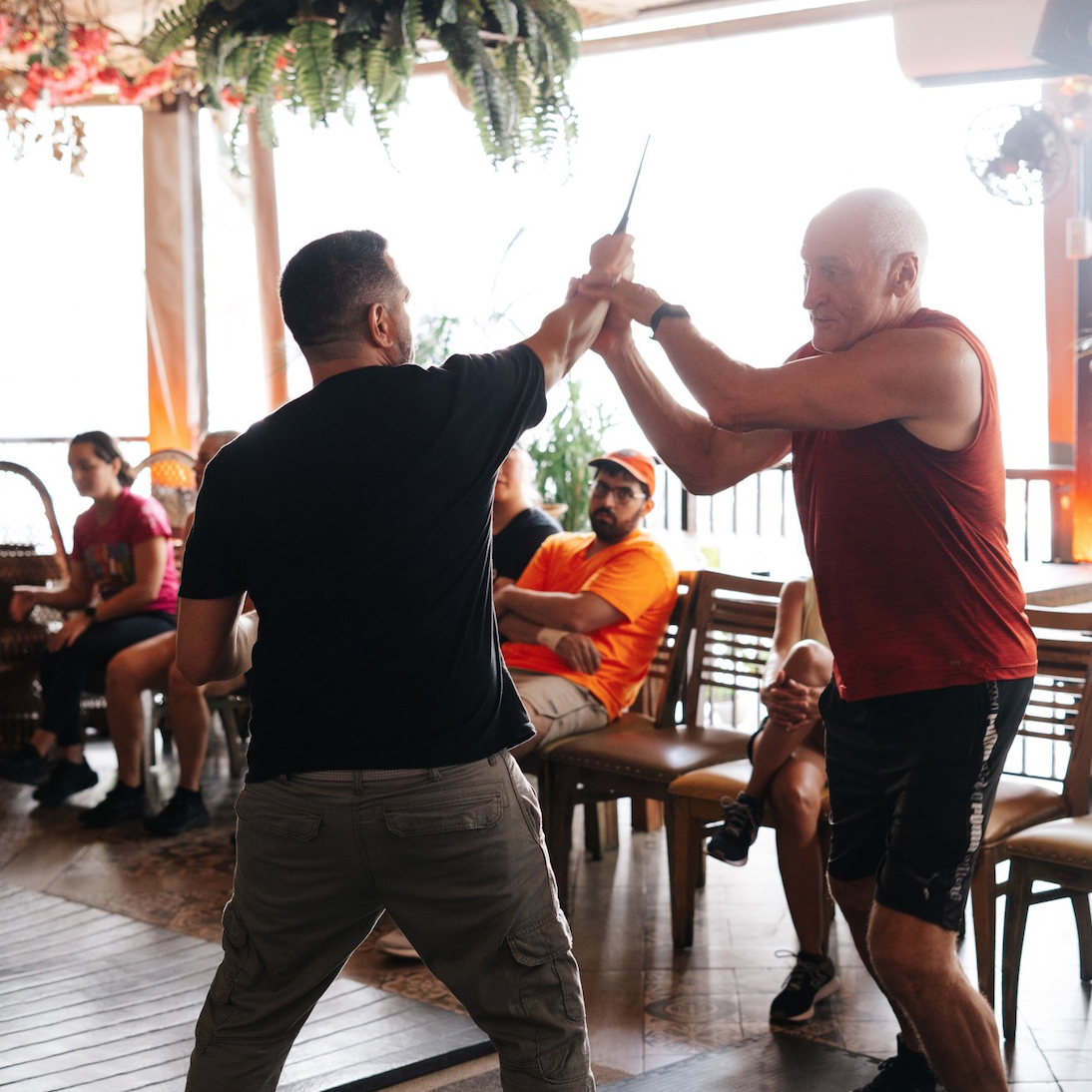
One.61’s typical clients include high-net-worth personalities, celebrities, high public-profile individuals, journalists, business executives, international NGOs, and others who may be at higher risk of being targets for malevolent actors who operate everywhere—even in nations known for low crime.
Jetgala recently spoke with Bendler from his base in Miami, Florida about personal safety issues that are specific to private jet travel.
Jetgala: As your clients often travel via private jet, what are some of the areas that you focus on to ensure their safety?
Bendler: While private jet travel typically affords travellers significant enhancements in privacy, safety and security, some celebrities have reported being stalked by aviation sleuths, some of whom have used social media to broadcast the celebrities’ movements to the public at large.
Nevertheless, there are certain precautions that we recommend to our clients. The most important precaution one can take is to be as anonymous as possible. This ranges from registering their jet under a non-descriptive shell company, to eschewing vanity registrations – ‘tail numbers’ – and logos, to asking the FAA to block your aircraft registration number from any public dissemination or display.

Speaking of social media, what advice do you give your clients when it comes to those?
Ideally, we advise our clients against posting anything on social media that broadcasts where they were, are, or will be. If they elect to make a social media post, we advise that it be after our clients have departed and that it should not be of a place that is part of their routine. Obviously, the goal is to eliminate predictability of their movements.
We also emphasise the need to train and enforce similar restraint by family members and employees. When there are breaches of privacy, they are often traced to a family or staff member. A staff member may not be famous or wealthy, but a malevolent actor can easily stalk a prime target through the actions of an unsuspecting person who is connected to the target in some manner.
“Train and enforce restraint among family members and employees. Breaches of privacy are often traced to a family or staff member.”
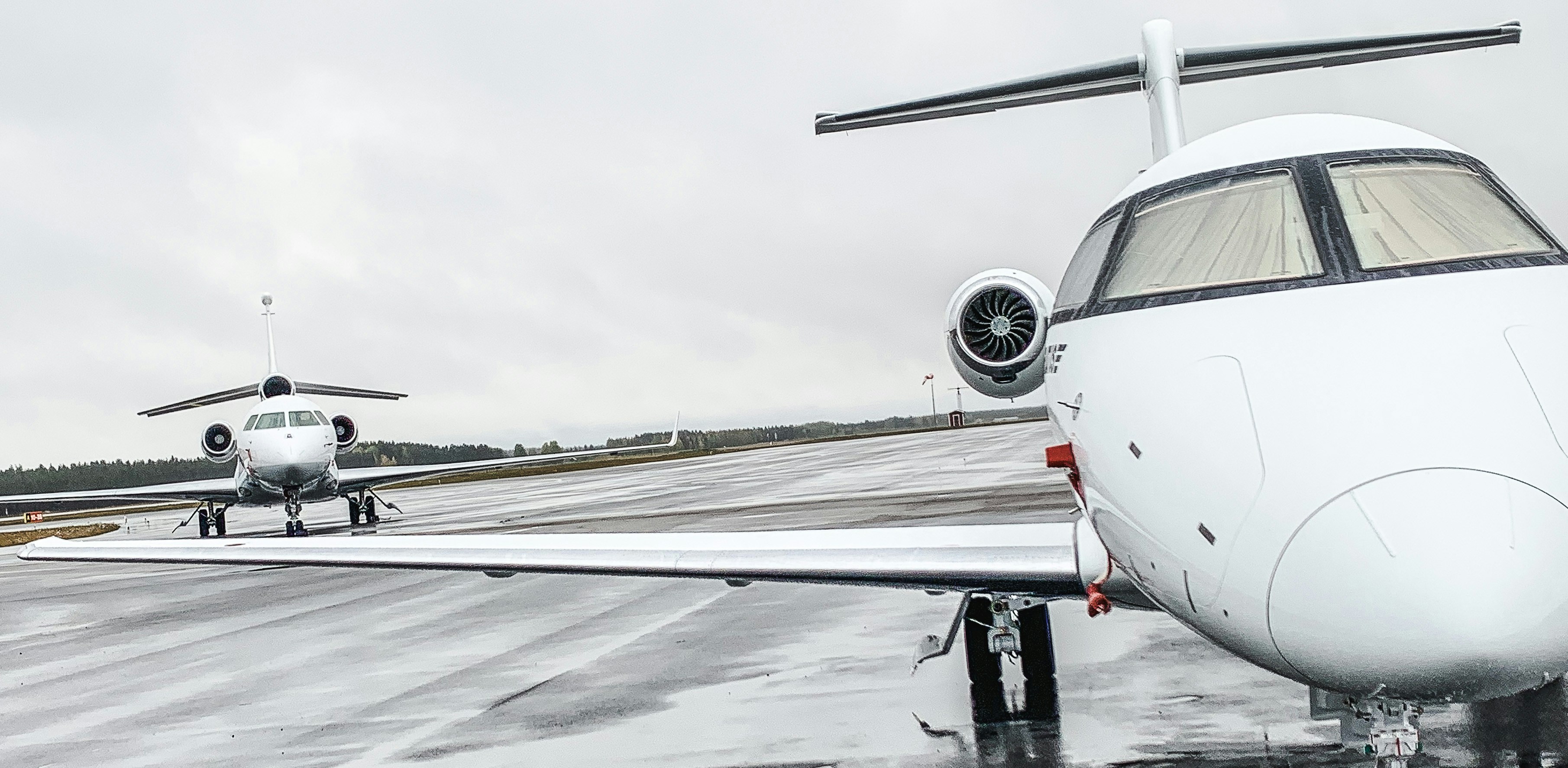
Your motto is, “get you home safe.” What other aviation-related topics do you train your clients on?
We are all guilty of ignoring airplane safety briefings. The fact is, most aviation incidents are survivable, especially for people who are prepared. We emphasise the basics like keeping your seatbelt on whenever feasible as well as more advanced topics. For example, knowing which exit likely offers the best chance for safe egress and how to operate the exit through hands-on practice, even in a smoke-filled cabin. We teach that it is often the smoke that incapacitates people. (In fact, that also holds true for fires found in hotels, offices, and homes.) Knowing how to stay low can add precious seconds. Knowing how to don a smoke mask can be a matter of life or death.
We also teach the warning signs of hypoxia. Sadly, there are numerous instances of planes that experienced a pressurisation failure leading to passenger incapacitation from a lack of oxygen, followed by engine fuel starvation, and eventually a crash. This far-too-common, but fully preventable, event even took the life of a top PGA golfer.
Many business jets are certified for single pilot operation. While we recommend two pilots for redundancy, we also teach life-saving steps to take if one or both pilots should be incapacitated. A number of modern aircraft have incorporated Garmin’s Autoland system which allows any person aboard the plane to push the Autoland button in an emergency. The Autoland system will then automatically connect with air traffic control and autonomously and safely land the aircraft at the nearest airport, all while keeping the passengers informed of the progress.
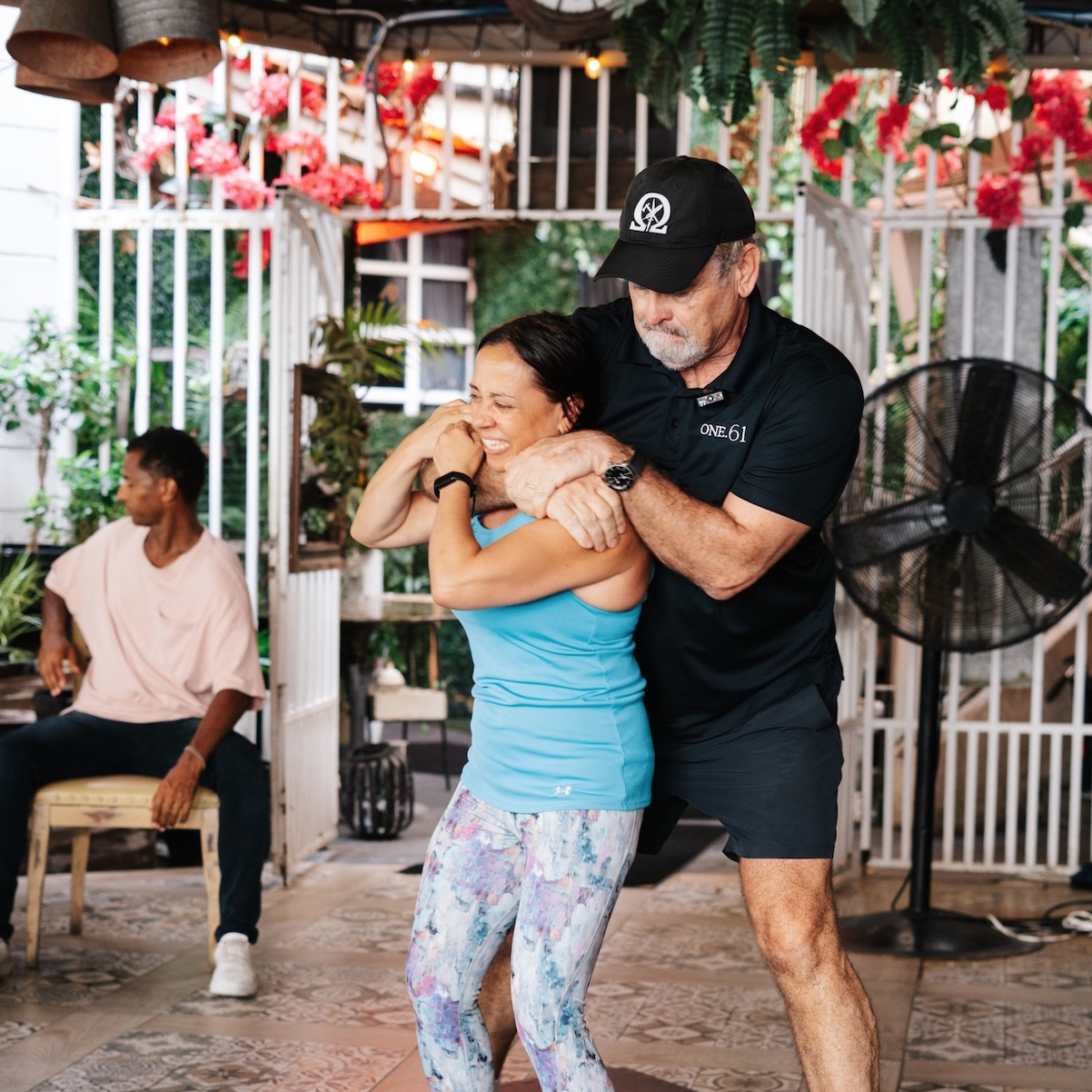
What other factors should private jet passengers consider for maximising their safety?
Our clients often cite the advantages of flying their private jet to smaller, remote airports. This saves them substantial time since they land closer to their destinations and avoid the congestion associated with large airports. However, smaller, remote airports can also entail some disadvantages. To start, a private jet may draw attention to itself, thereby bringing undesirable attention to our clients.
In addition, these smaller, remote airports may not have as many capabilities and resources as larger airports, especially during periods of adverse weather. We encourage our clients to emphasise safety and precaution when dealing with their pilots. Well-meaning clients could directly or indirectly pressure their crew into taking ill-advised risks due to what is commonly known as ‘get-there-it is’.
If the crew decides that landing at an airport experiencing adverse weather is inadvisable, and that the pre-planned alternate airport should be activated, our clients should praise the crew, not second-guess them. Even side commentary like, “We’re going to miss the game” or “Do you know much more fuel this is going to cost me” can pressure the crew into taking ill-advised risks. After all, our clients are typically the bosses of the crew (or customers in the case of chartered jets).
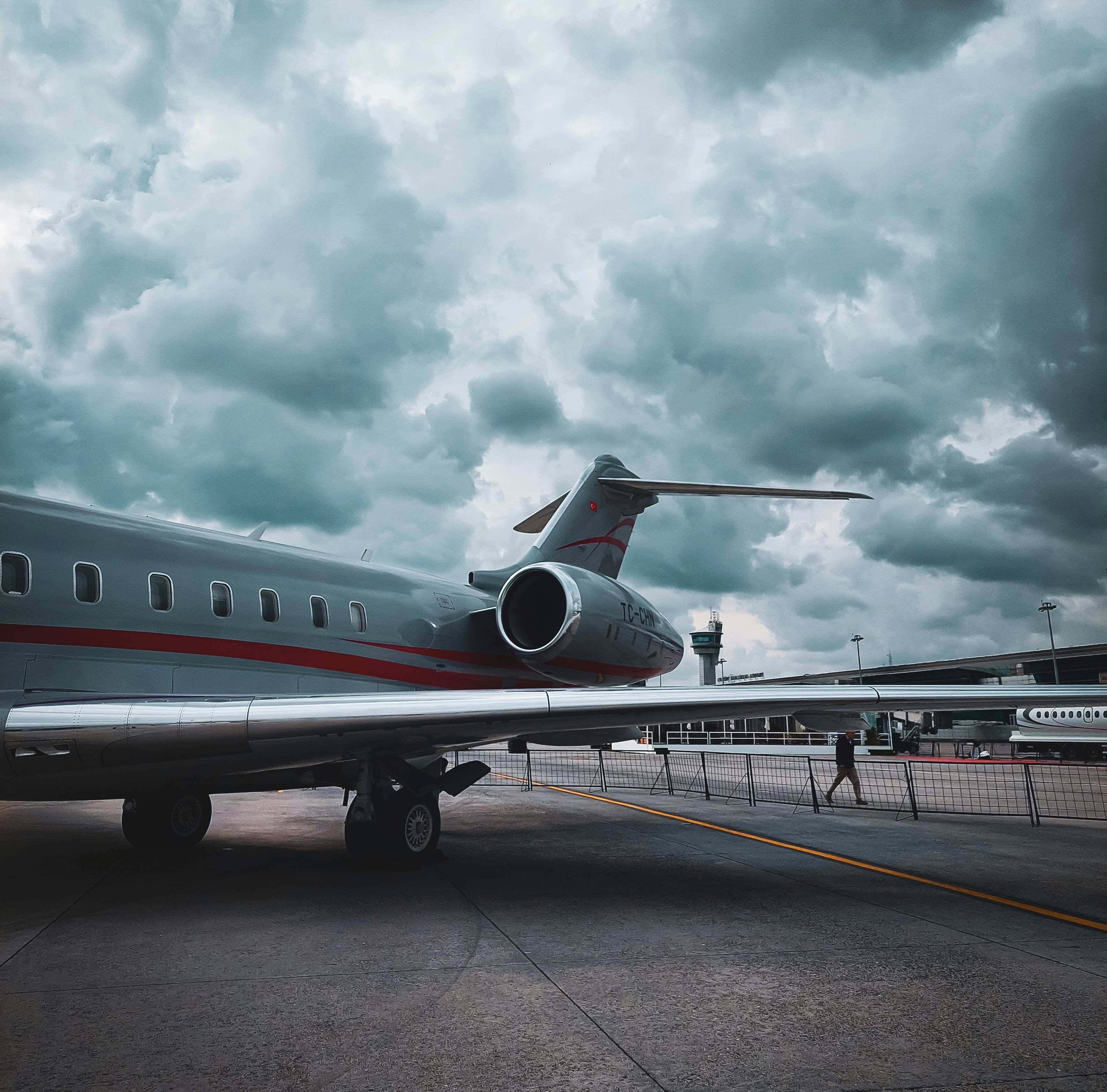
While One.61 is focused on personal safety, you haven’t mentioned anything like martial arts, the use of weapons (where allowed), or other counter measures.
One.61 is comprised of highly experienced team members from a wide range of intelligence agencies and law enforcement. The goal is to impart wisdom in our clients so that they will never, or rarely, find themselves in a situation in which action is called for. In other words, preparation is 99% of the work and, hopefully, you will never need the other 1%.
That is not to say that we never teach countermeasures. We travel all over the world to train clients and, depending upon their personal circumstances, we do put our clients through realistic practice situations.
“Garmin’s Autoland system allows any person aboard the plane to push the Autoland button in an emergency.”
For example, in our Miami, Florida headquarters, many of our clients come from Latin America where kidnappings and armed robberies are everyday risks for people who make for good targets. Many of these clients want One.61 to simulate a kidnapping experience or a sidewalk strong robbery. For maximum effect, we train in the real streets of Miami, not a warehouse out in the suburbs.
Knowing that many Jetgala readers are based in Asia and the Middle East, we often receive requests for similar training from your region. Particularly popular these days is the training of family members who are accepted to study in foreign universities. In the U.S., knowing what to do in an active-shooter situation can make the difference between getting home safely and a needless death.
You May Also Like:
Dassault Falcon 6X Receives EASA And FAA Certification




